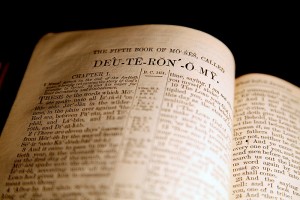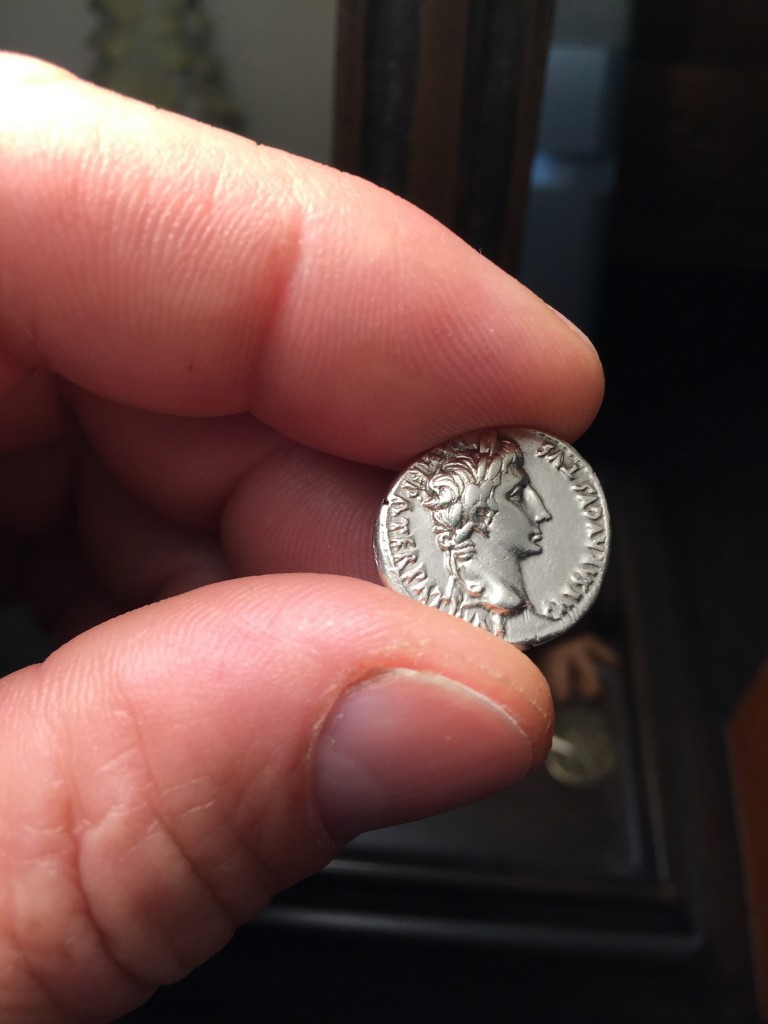Okay, this is a big one. I wrote what’s below on Sunday under the inspiration of the Spirit of Elohim.
This week we’re reading in 2 Corinthians 10:4–6 on spiritual warfare. It says,
For the weapons of our warfare are not carnal but mighty in Elohim for pulling down strongholds, casting down arguments and every high thing that exalts itself against the knowledge of Elohim, bringing every thought into captivity to the obedience of Messiah, and being ready to punish all disobedience when your obedience is fulfilled.
I got inspired to read Sun Tzu’s The Art of War. The Ruach nudged me to then do a commentary on it in light of what the Bible has to say about spiritual warfare. Perhaps I could learn something from an expert on physical warfare and then apply it spiritually to us. Needless to say, the saints are in a battle for their lives worldwide against the forces of evil. The Bible prophesied this would be the case in the end times. Largely, the church in the West is asleep! It’s time to wake up. I for one refuse to be caught unprepared. I refuse to lie down for the enemy of YHVH Elohim. As a watchman on the wall, I must sound the alarm and help prepare the troops. So here’s my latest contribution to this effort. I hope it helps someone!
Enjoy…

A Guideline to Spiritual Warfare
Natan Lawrence’s The Art of War — An Analysis of and Commentary on Sun Tzu’s The Art of War
Based on the Biblical Principles of Spiritual Warfare
The extracts below of The Art of War are taken from Lionel Giles Translation (www.artofwarsuntzu.com)
Sun Tzu was a Chinese military general, strategist, and philosopher who lived between the sixth and fifth centuries B.C. in ancient China. His work, The Art of War was unearthed in 1972, and since then has become a classic on the art of warfare. It is even used by the U.S. military.
The following are excerpts from this ancient work along with commentary from a biblical perspective giving the spiritual warrior in YHVH Elohim’s (the LORD God’s) army guidelines on how to be victorious over YHVH’s spiritual enemy.
I. — LAYING PLANS
1. Sun Tzu said: The art of war is of vital importance to the State.
2. It is a matter of life and death, a road either to safety or to ruin. Hence it is a subject of inquiry which can on no account be neglected.
3. The art of war, then, is governed by five constant factors, to be taken into account in one’s deliberations, when seeking to determine the conditions obtaining in the field.
4. These are: (1) The Moral Law; (2) Heaven; (3) Earth; (4) The Commander; (5) Method and discipline.
5,6. The Moral Law causes the people to be in complete accord with their ruler, so that they will follow him regardless of their lives, undismayed by any danger.
Comment: The moral law is the biblical Torah and the rest of the Word of Elohim as contained in the Bible. The Torah-word of YHVH Elohim (the God of the Bible) are his instructions, precepts, teachings or laws. The Torah is the foundation of truth for the rest of the Scriptures that follow. YHVH Elohim is the Creator and Supreme Ruler of the universe and is thus the originator of moral law. Since Elohim is the Creator and Sovereign Ruler of all the universe, it is the require of every human (and all the more so of those who claim to be his followers) to follow and obey him regardless of their lives, undismayed by any external threats or danger. Continue reading →





